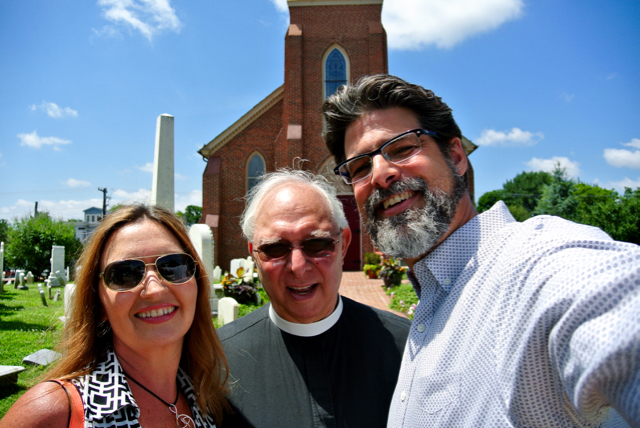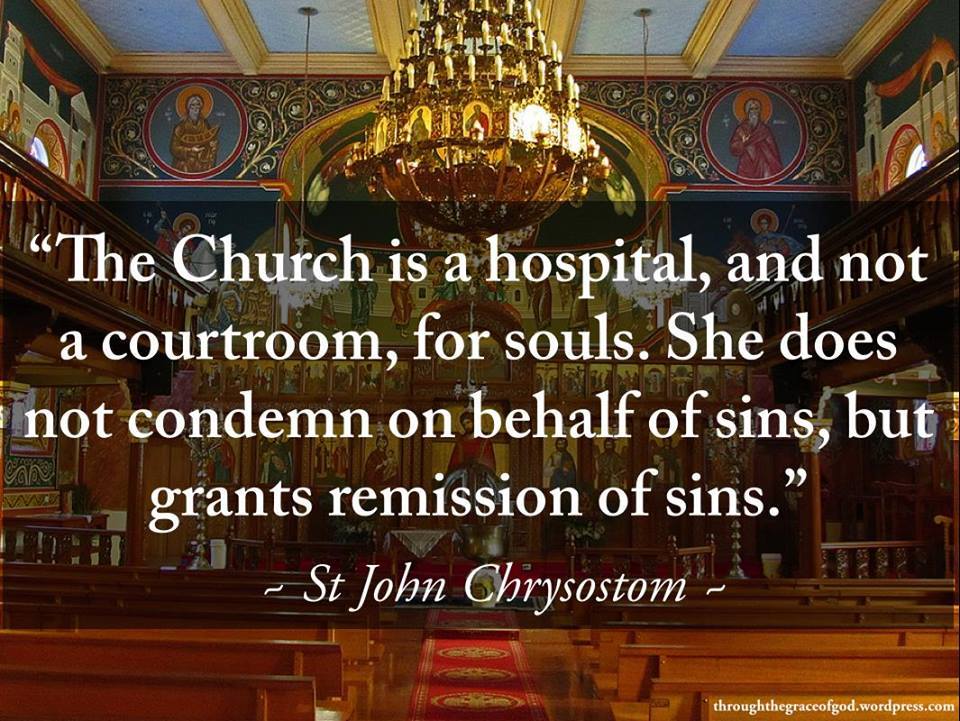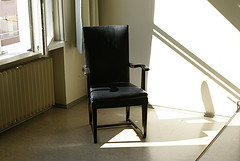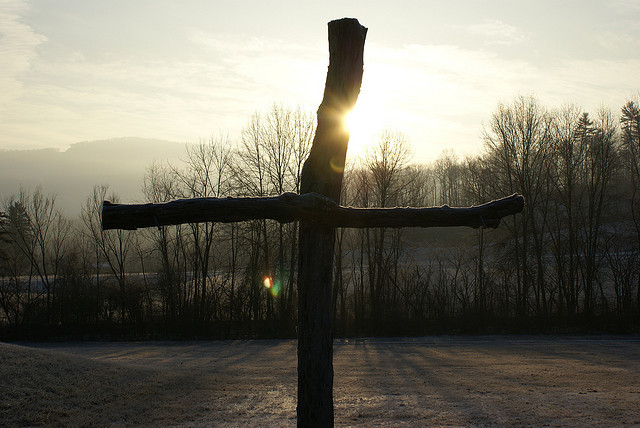This week the Daily Office readings take us through the Book of Ruth and today (Wednesday) we begin chapter two. The chapter opens with a bit of foreshadowing, letting us know that “Naomi had a kinsman on her husband’s side, a prominent rich man, of the family of Elimelech, whose name was Boaz.” I have written elsewhere that Boaz is a marginalized figure in the Book of Ruth, who has a key role but is subservient to Ruth. While chapter two is where he makes his appearance, it is where we find Ruth taking center stage and taking control of the situation.
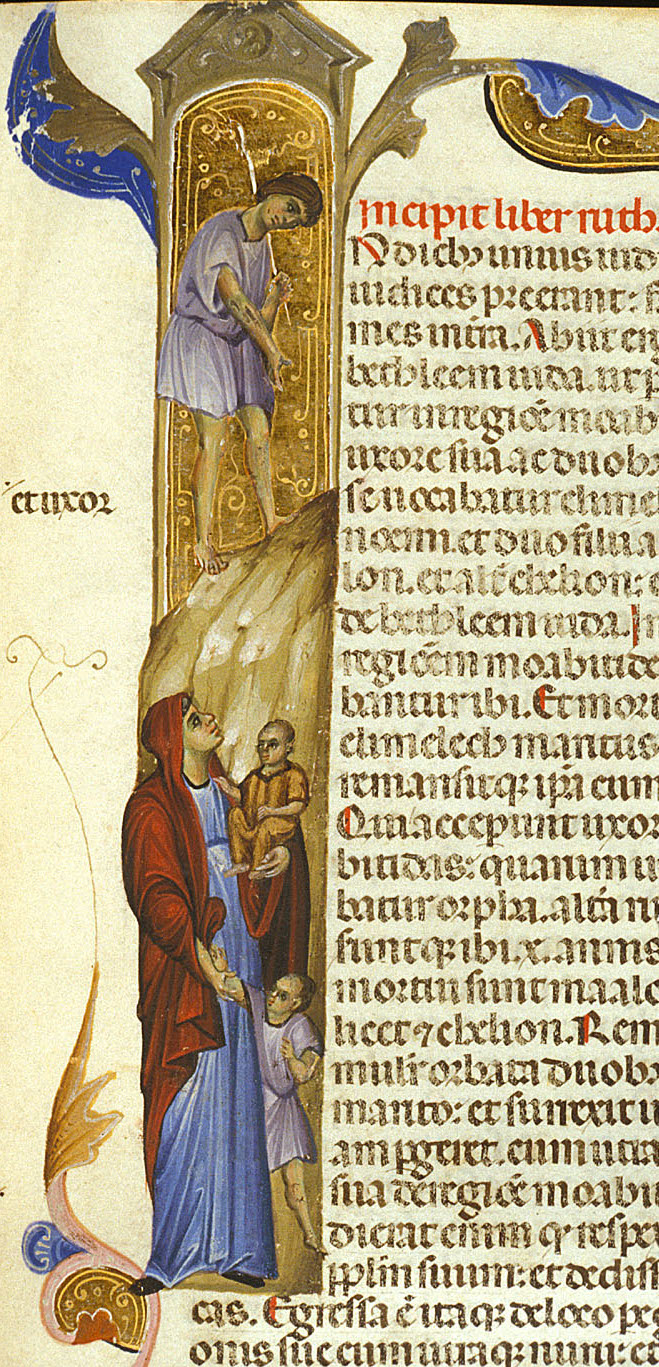
The first two chapters ostensibly follow Naomi who, by chapter two, is a widow and a bereaved parent. She who was blessed is now bereft.
“Call me no longer Naomi,
call me Mara,
for the Almighty has dealt bitterly with me.
I went away full,
but the LORD has brought me back empty;
why call me Naomi
when the LORD has dealt harshly with me,
and the Almighty has brought calamity upon me?”
Chapter two opens with Naomi understandably depressed and despondent. We can envision the scene as she sits in the corner of the small, dark place they have been offered as shelter, fulfilling the Lord’s command “to care for the widow and the orphan.” What else is there for her to do? All is gone, lost and it is the Lord who has done this to her. Ruth is having none of it.
Ruth 2:2 And Ruth the Moabite said to Naomi, “Let me go to the field and glean among the ears of grain, behind someone in whose sight I may find favor.” She said to her, “Go, my daughter.” 3 So she went. She came and gleaned in the field behind the reapers.
In the midst of the gloom of grief, Ruth herself having lost a husband and now living in a land of strangers, herself a foreigner, driven home by the fact that everyone refers to her as “that Moabite girl” (Ruth 2:7), Ruth steps up and out to provide for herself and Naomi. She took action, she chose not to remain the midst of their personal devastation but to move forward.
I am certainly no psychiatrist or psychologist but I have been through enough grief and depression, as well as being alongside others who have walked in the valley, that I know the importance of not getting “stuck in a moment.” Today we are fortunate to know that some forms of depression and anxiety are biologically and chemically based and can be treated as such. Often, as is the case with Ruth and Naomi and myself, the creeping sadness of depression comes from circumstances in life, such as losing a husband or a child, a job or a home.
In those circumstances we are right to take stock with Naomi, to see the reality of the world we inhabit, full of both blessings and burdens. But we can’t stay there too long; it is a dark, dank room that will sap us of all vitality. One of the best things that we can do is to get up, I mean really, physically, get up and get moving.
Moving physically in space and mentally in our thoughts and visions. To be physically active changes the chemical make-up of our brain, it “starts a biological cascade of events” that begins to lift us up body and mind. Changing our vantage point also helps us to gain a broader perspective and to see God in creation and to hear his voice through those around us and the opportunities presented to us.
Ruth, seeing their situation and having spent her time in mourning, was ready to go out into the light of day and work in the fields to ensure that she and her mother-in-law had the food that they needed. And, she adds, perhaps she would find “someone in whose sight I may find favor.” Presented in verse 1, we knew that Boaz would find Ruth and that he would, indeed, favor her, but it is Ruth who drives the narrative and takes the initiative to step out and receive the future and life that is proffered for herself and Naomi.
God is present, even and especially in the dark room of depression. But he also calls us out to meet him in others and in the circumstances of life. It is perhaps the hardest step and one that we do not take alone; God goes ahead of us, walks alongside us, and dwells within us.
The LORD be with you and the LORD bless you.


